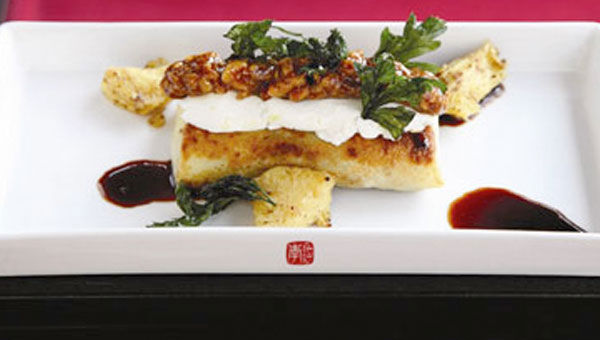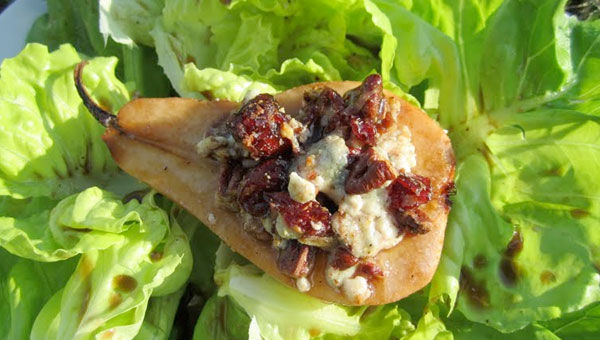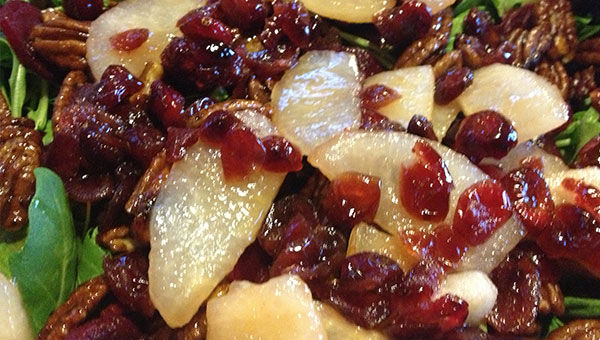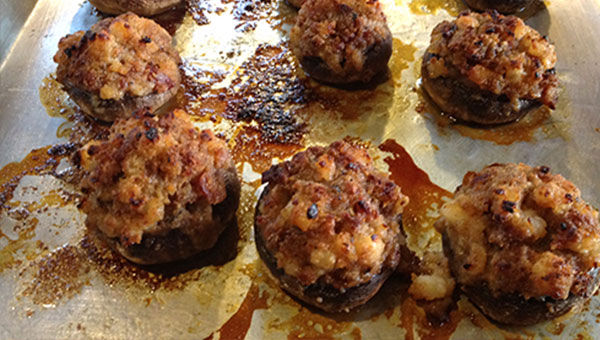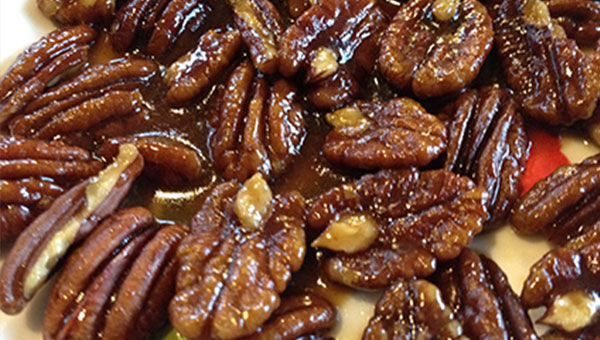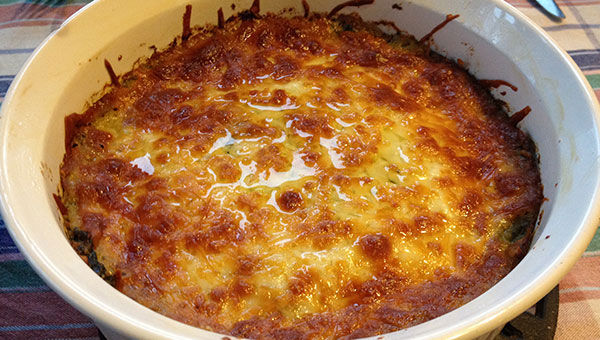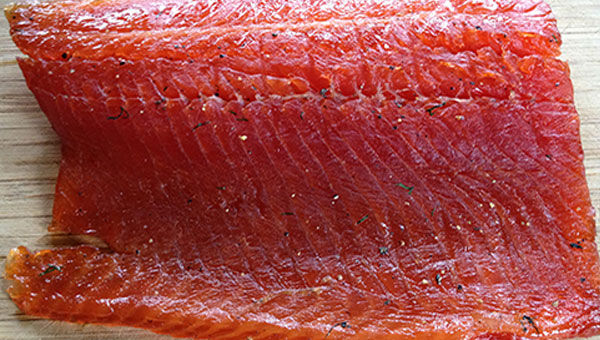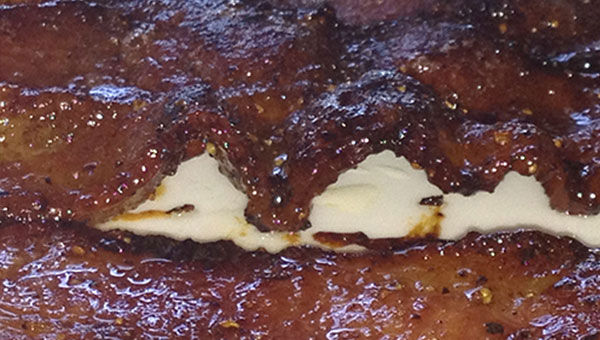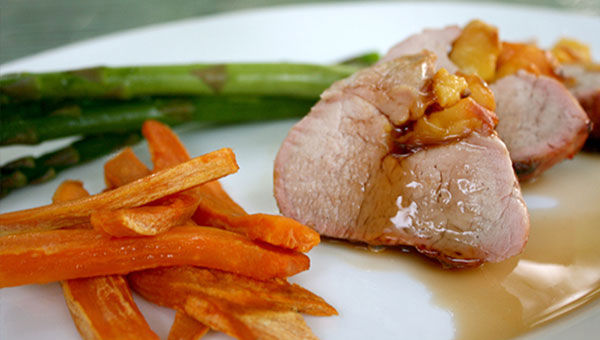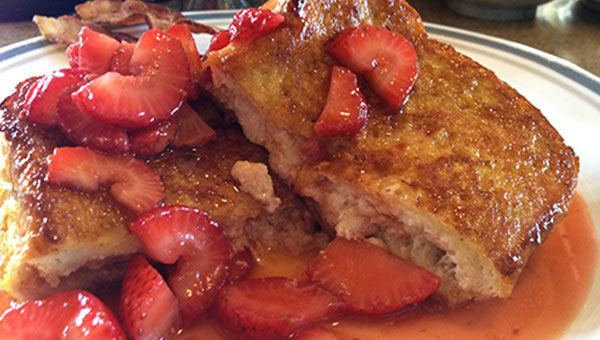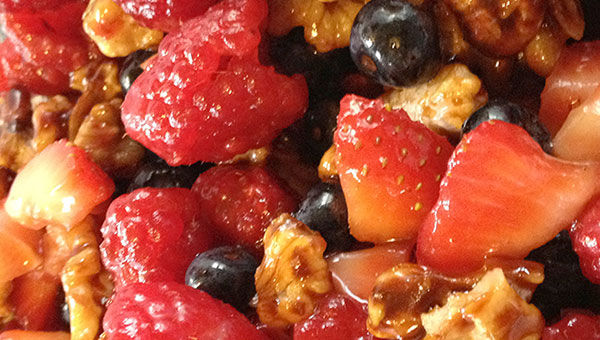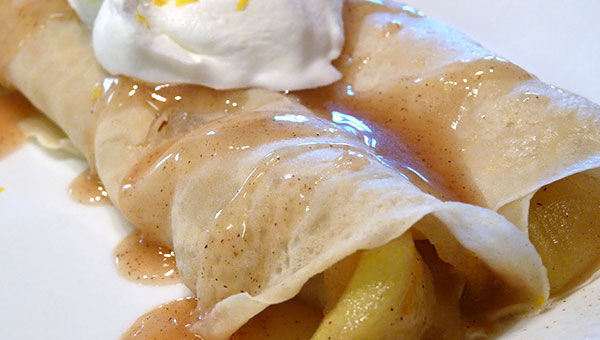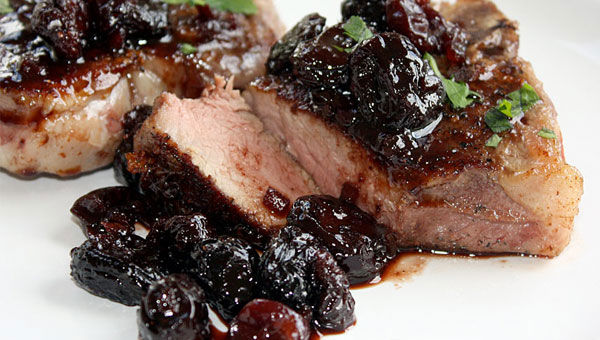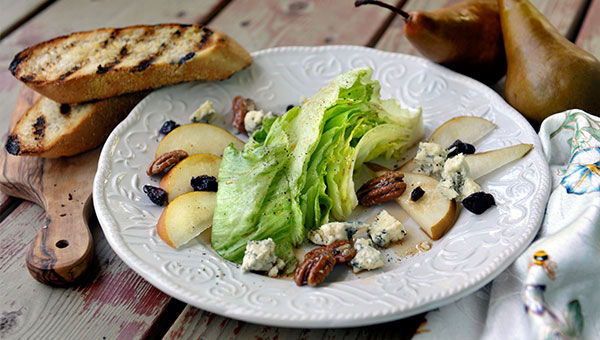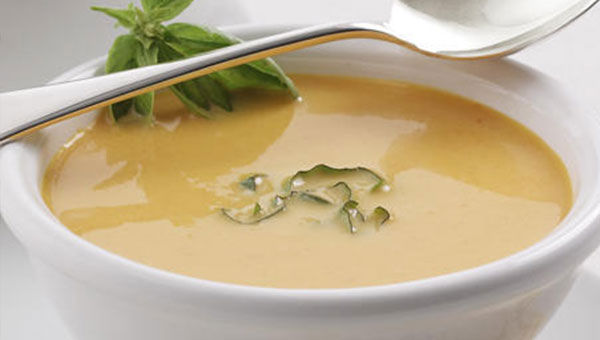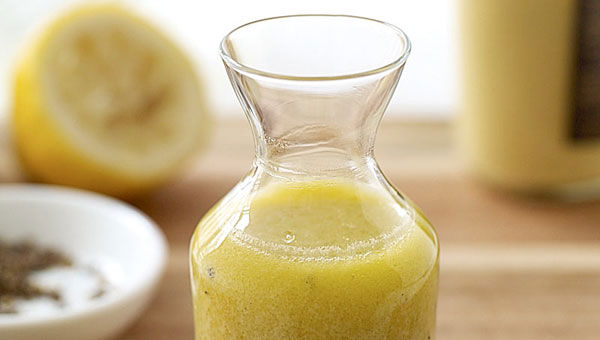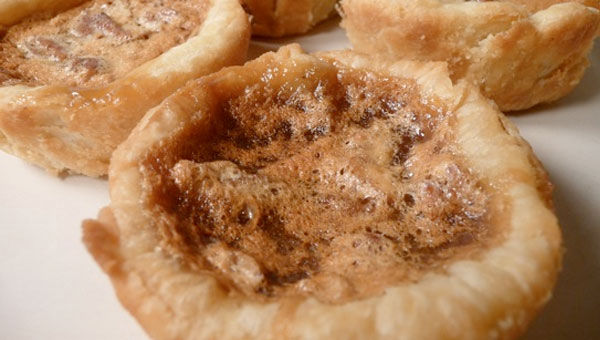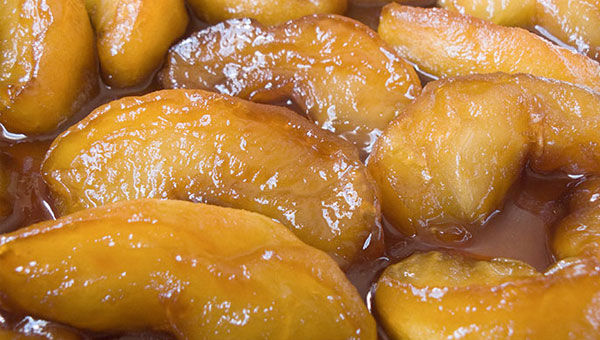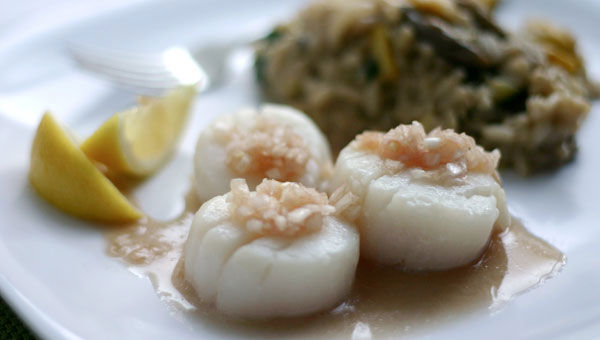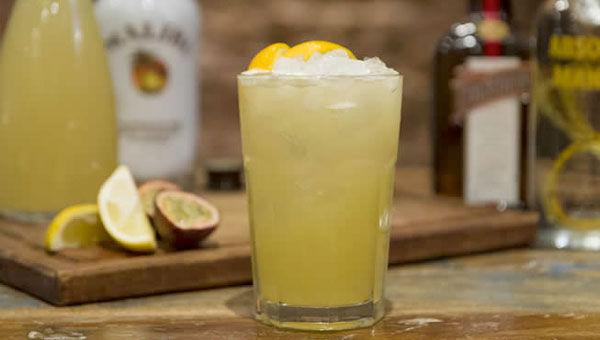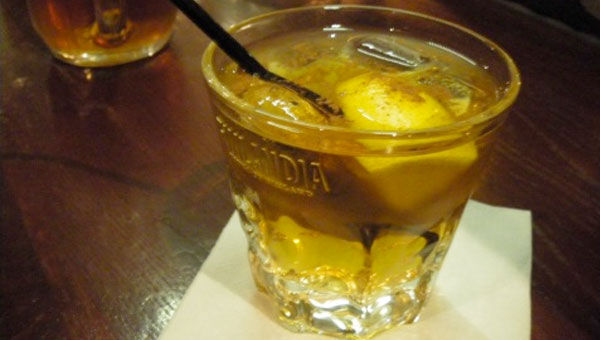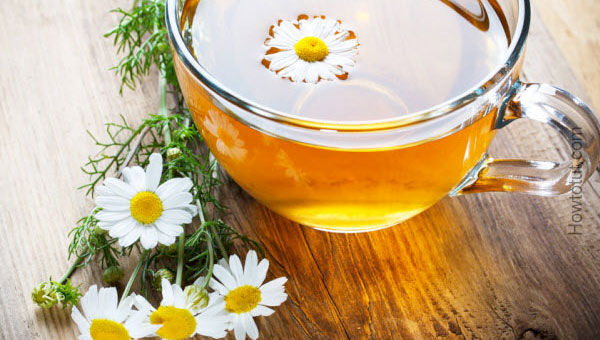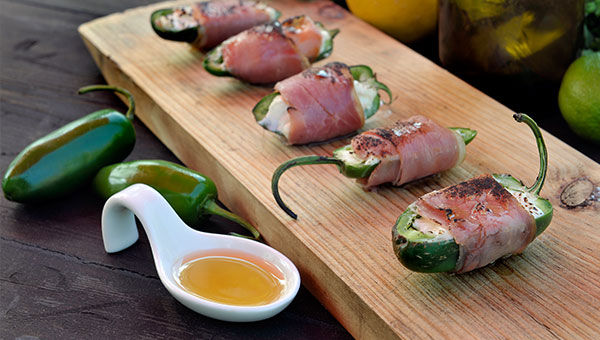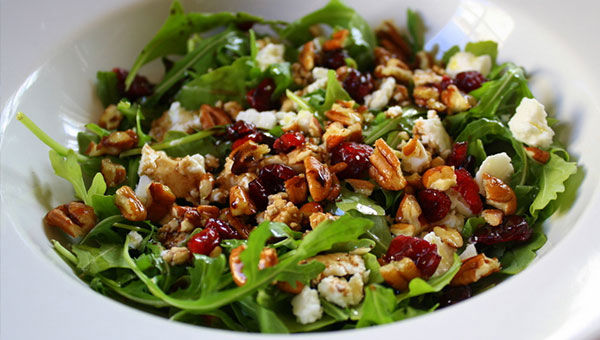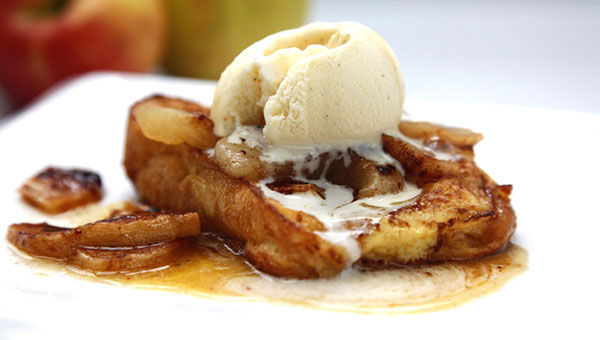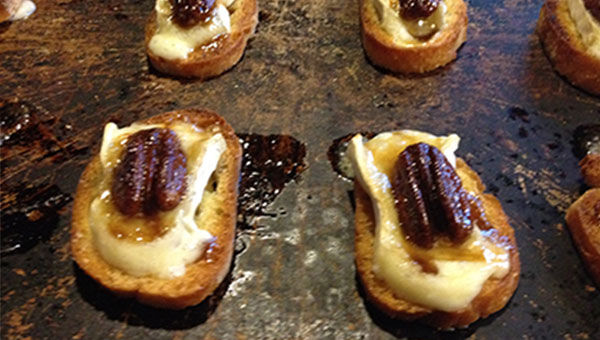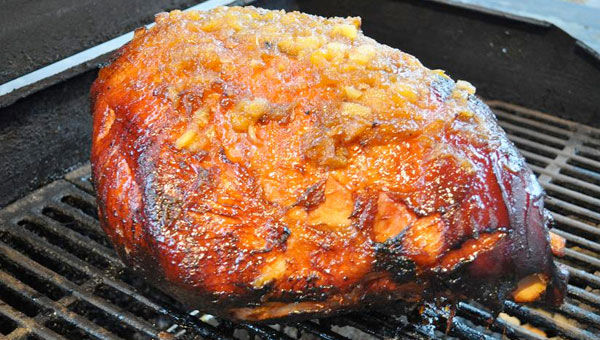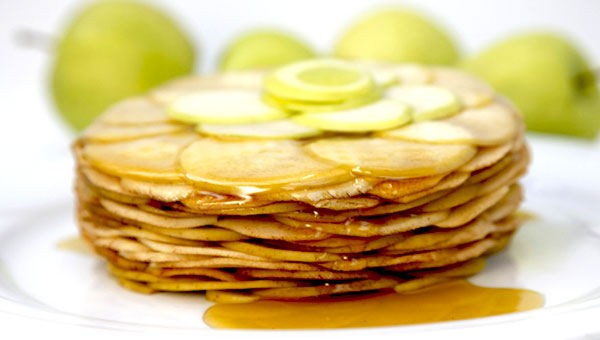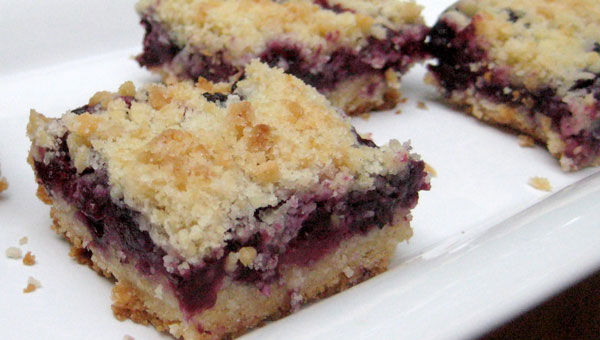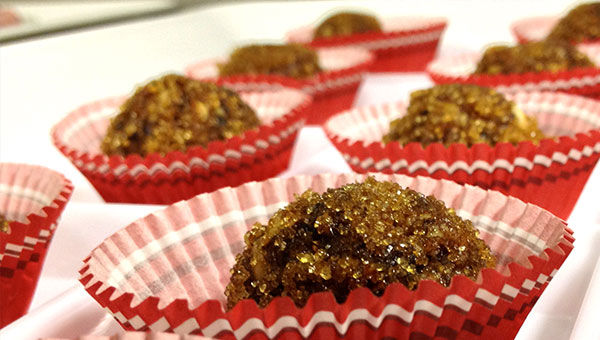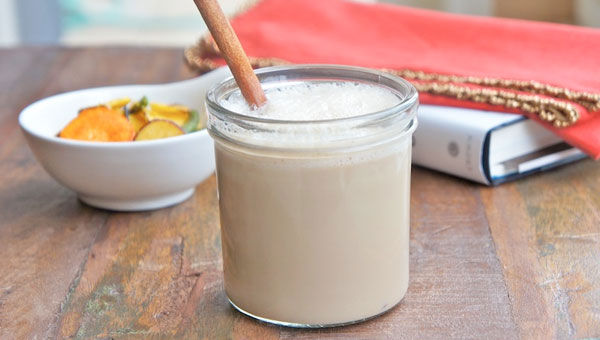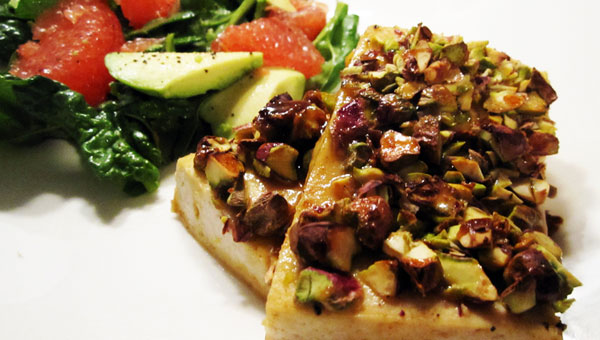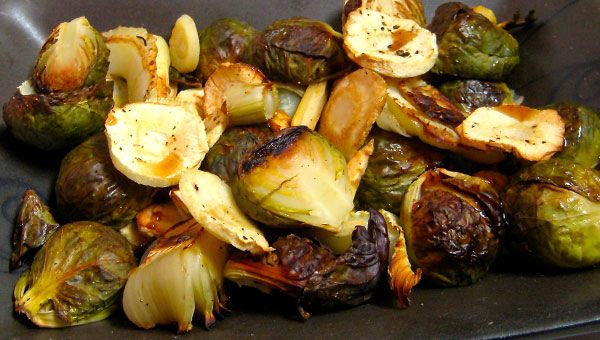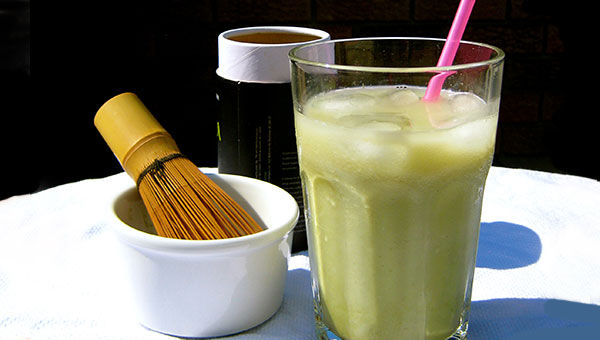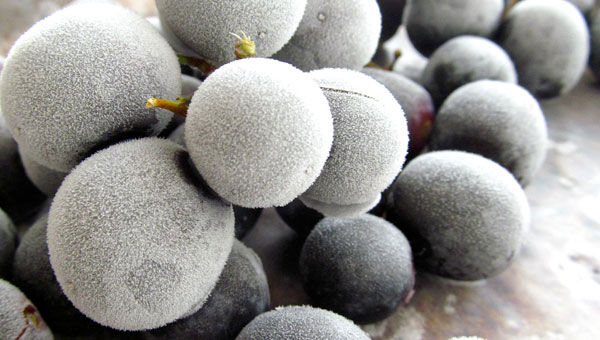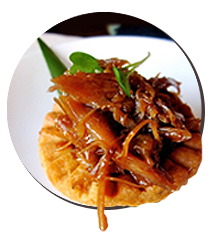
Additional Attributes
of ice syrup
Ice Syrup™ is a wholly natural and distinctive non-alcoholic Canadian product derived from grapes specially grown to produce Ice Wine. These grapes are picked frozen in the depths of winter and then put through a process to capture the unique flavour profile of this extreme product.
While the finished syrup stands alone as a flavour-enhancement for cooking, it is important to recognize that the product has a number of other attributes that contribute to its attractiveness to the consumer, particularly with regard to the demand for products that promote health and well-being.
The purpose of this review is to examine these additional attributes. As part of several collaborative research projects, samples of Ice Syrup were given to Brock University (St. Catharines, Ontario) for testing to investigate the chemical components of the syrup. Dr. Vincenzo DeLuca, Dr. Jeff Stuart (both from the Department of Biological Sciences) and Dr. Debra Inglis (Department of Biological Sciences and Director of the Cool Climate Oenology and Viticulture Institute) participated in this research. A summary of the Brock findings is attached.
Sweetener
The main sugars found in grape juice and Ice Syrup are fructose and glucose, with fructose being present in a slightly higher proportion (roughly 55-60% fructose to 40-45% glucose). The amount of fructose present increases the perceived sweetness.
Glucose is the most important simple sugar used in human metabolism and is one of the primary molecules used to provide energy. Fructose, also a simple sugar, is sent directly to the liver where it is metabolized and so does not contribute to blood sugar levels. Both are easily converted to useable energy by the body. Sucrose (common table sugar and the major sugar component of maple syrup), in comparison, must first be converted into its component elements of glucose and fructose, a potentially slower and more energetic process.
Ice Syrup contains approximately 80 calories and 20 grams of carbohydrates per 30 ml serving making it a competitive healthy choice as a sweetener in cooking and as a flavouring in drinks. The higher ratio of fructose over glucose makes it an efficient sweetener.
Flavour Enhancement
An extremely important attribute of Ice Syrup is that it functions not only as a sweetener but, due to other components in the syrup, as a flavour enhancer. The five basic tastes that humans perceive are sweet, sour, salty, bitter and umami. Of particular interest is the latter taste, umami. Umami is variously described as a pleasant savory, brothy or meaty taste with a long-lasting, mouth-watering and coating sensation over the tongue. It induces salivation, stimulating the throat, the roof and the back of the mouth. Its overall effect is to balance taste and round out the overall flavour of a food or drink.
Umami was first scientifically identified in 1908 by a chemist at Tokyo University named Kikunae Ikeda. He had noticed the taste in various foods, particularly kombu (a kind of kelp) which was used as a flavouring in many Japanese foods. He endeavoured to find the source of the flavour, eventually isolating glutamate, an amino acid, as the cause of the taste. He went on to patent the flavour enhancer, MSG, which, while effective, has come under health scrutiny in many countries.
As determined by the Brock University analysis, Ice Syrup contains significant levels of glutamic acid, the natural amino acid responsible for the umami taste. It is a natural source for flavour enhancement compared with the chemical MSG additives found in the market.
A significant benefit of the umami taste and salivation effect is to make food more palatable, and consumable, for those who due to age or health have difficulty tasting or consuming food. Accordingly, as a sweetener, or flavour enhancer, Ice Syrup can be of particular benefit to these groups. As enhancer, for certain foods, Ice Syrup could be a tasty alternative to salt, owing to its low sodium content. The complexity of Ice Syrup and its components of sugars, acids and glutamate make it a delicious flavour enhancer complementary to the five tastes.
Resveratrol, Antioxidants and other components
Antioxidants are substances that protect cells against certain molecules that are formed when the body breaks down food or by environmental exposures to substances like smoke or radiation. These molecules can damage cells and may play a role in certain diseases such as heart disease, neurological diseases or cancer. Ice Syrup contains a number of antioxidants, the most significant of which is ferulic acid. Ferulic acid is an antioxidant that studies suggest may have direct antitumor activity against breast and liver cancer.
Summary
While Ice Syrup stands on its own as an excellent flavour enhancement for food and beverages, it has a number of ancillary benefits that contribute to the attractiveness of the product. It is a relatively ‘healthy’ sweetener, includes glutamates which bring out the umami taste and assist in the enjoyment of food, and contains a number of antioxidants to help combat potential disease processes. As an all-natural product, these benefits are delivered without the addition of artificial ingredients of any kind, making it especially attractive to those seeking alternative healthy lifestyle choices.

